Iran’s best chance to become energy hub
President Ebrahim Raeisi told the Gas Exporting Countries Forum (GECF) summit in Algiers on Saturday that Iran is ready to become an energy hub and a safe route for distribution and transit of natural gas between producers and consumer markets.
With its vast natural gas reserves, technologies and geographic location, Iran plans to develop bilateral and multilateral relations with gas market countries, the president said, adding that Tehran is particularly interested in countries from Central Asia to the Persian Gulf, and its eastern and western neighbors.
According to President Raeisi, Iran’s strategic approach is based on increasing the production and export of natural gas and providing access to this type of energy to as many people in the region as possible.
Iran is currently best placed to become the gas hub of the region, given the challenges and restrictions which Russia faces for exports of its gas due to the Ukraine war. It sits on the second biggest proven gas reserves in the world, where its upstream blueprint requires the country to play a role in the global gas trade.
The 1404 vision document of the oil industry has set a goal for Iran to achieve 8-10% of the share of gas trade in the world by 2025. To achieve this, the country has to use gas export markets.
The regional market, Europe and the East are the three main gas export destinations for Iran, but the first has more priority as regard politics, security and economy. Given the geographical location of Iran, there is a good capacity for export in neighboring countries.
In addition, Iran can use the capacity of buying gas from the regional producers and selling it to customers to become the gas hub of the region.
Buying gas from Russia and selling it to other countries has no effect on the country's net exports, but turning Iran into a regional gas hub will have positive political and economic consequences.
Most of the countries around Iran, such as Turkey and Iraq, are importers of gas from Iran. For example, Turkey imports 10 billion cubic meters of gas from the Islamic Republic. On the other hand, Russia, Qatar and Turkmenistan, which are adjacent to Iran, are among the three largest gas holders in the world.
Once the primary export market for Gazprom, Europe has seen a sharp decline in Russian gas supplies due to the ongoing conflict in Ukraine, creating a gas surplus in Russia. Likewise, Turkmenistan needs a market for its gas exports under its new development plans, but it faces a litany of challenges common to landlocked developing countries.
Iran can take advantage of the situation where it can buy gas from the extensive regional hydrocarbon reserves and sell it to potential clients and thus establish itself as a strong gas hub of the region.
By importing gas from Russia, Turkmenistan and Qatar, Iran can receive some 100 billion cubic meters a year of gas and sell it to such countries as Iraq, Turkey, Syria and Lebanon.
Last October in his address to the specialized “Global Oil and Gas Market” forum in Moscow, Iran’s Minister of Petroleum Javad Owji touched on the massive oil and gas reserves of Iran and its neighbors, underling Iran's geopolitical position at the junction of Asia and Europe, and the only integrated land route between the Caspian Sea and the Persian Gulf.
“Today, Iran is the safest and easiest way to exchange and transfer energy to open waters,” he said. The global energy market, Owji said, cannot ignore Iran's key role in energy exchanges and its capacities.
“Some of the countries around Iran are oil and gas exporters and some are importers. This has made it easier for Iran to play the role of an energy hub,” he added.
Iran, by taking advantage of its natural resources and northern neighbors, can be the main player in energy trade in the world and become the main gas hub, according to Owji.
Currently, Iran exports gas to Turkey and Iraq. Pakistan, India and Oman are also potential customers of Iranian gas.
In addition to gas trade, the potential swap of other energy carriers such as crude oil, oil products and the export of petrochemical products has created a special advantage for Iran in the regional energy race.
Iran’s sprawling export and import terminals and its extensive oil, gas and oil products transmission pipelines attest to the country’s huge capacity to become the energy hub of the region.
The burgeoning cooperation between Iran and Russia and mutual understanding between them gives Tehran an unprecedented opportunity to realize this dream, which should not be missed.
Russian Deputy Foreign Minister Sergey Ryabkov said last June that his country welcomes initiatives aimed at addressing energy security after Owji said that Iran was looking to set up a natural gas hub in the Persian Gulf in cooperation with Russia, Qatar, and Turkmenistan.
“We welcome initiatives that help deal with the energy security problem in a broad sense and contribute to continued development of Russian-Iranian relations, and in general, we are open to constructive ideas,” he said.
Netanyahu to avoid Auschwitz liberation event in Poland over war crime arrest fears
Sacrilegious savagery: Israeli settlers vandalize, set mosque on fire in occupied West Bank
Tehran calls on Paris to probe killing of two Iranians in northern France shooting
US, Israel after partitioning Muslim states to advance Tel Aviv’s regional domination: Iran
Top security official: Iran doesn't regret spending in Syria
Israeli PM Netanyahu is a ‘war criminal’, says Chilean president
Greek church in Syria cancels events after ouster of government
US does ‘what the Israelis want’ on Palestine: Ex-diplomat says


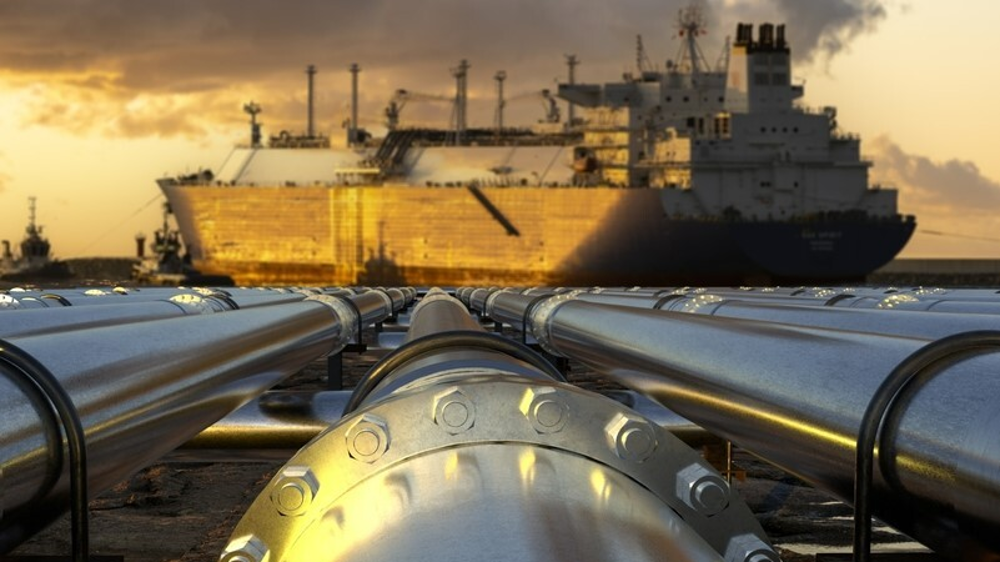
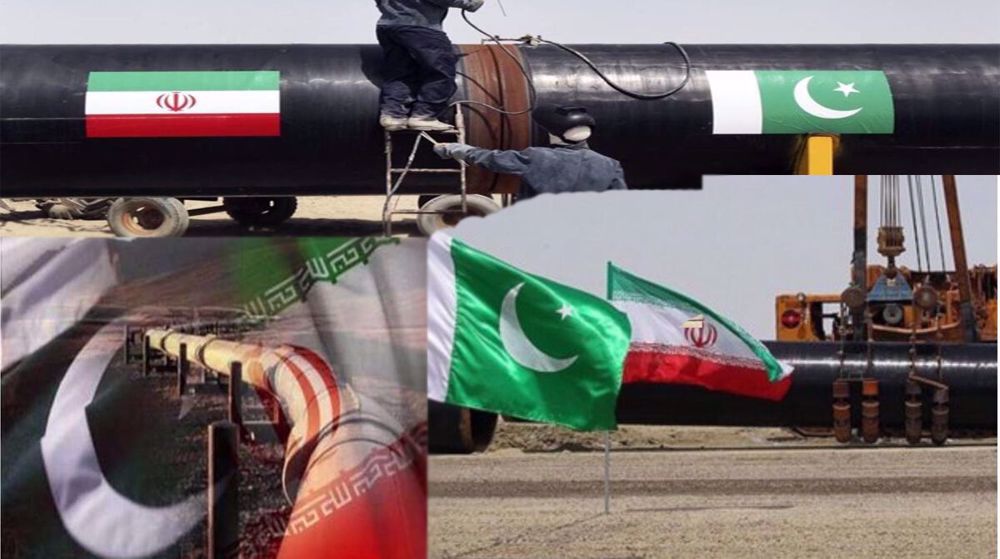
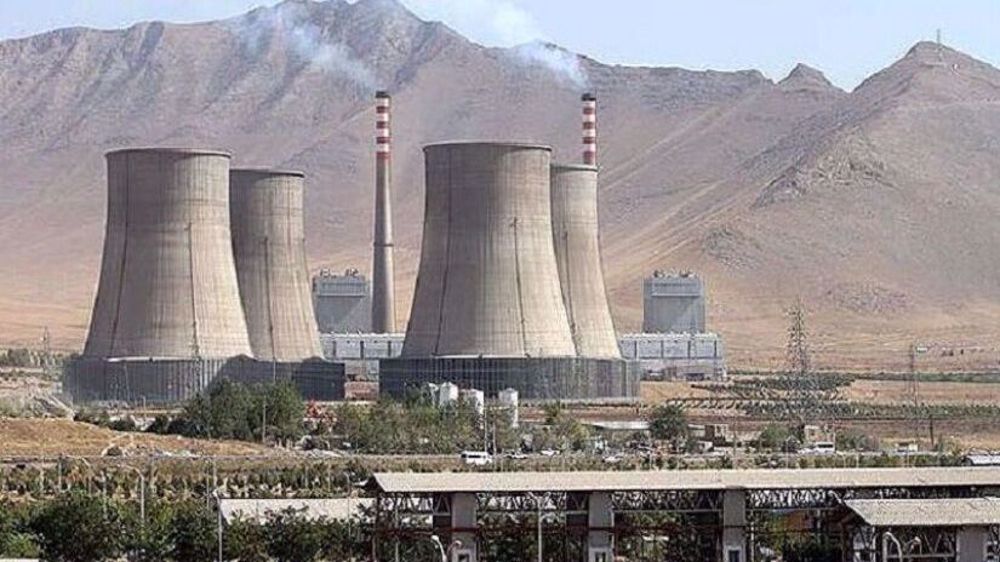
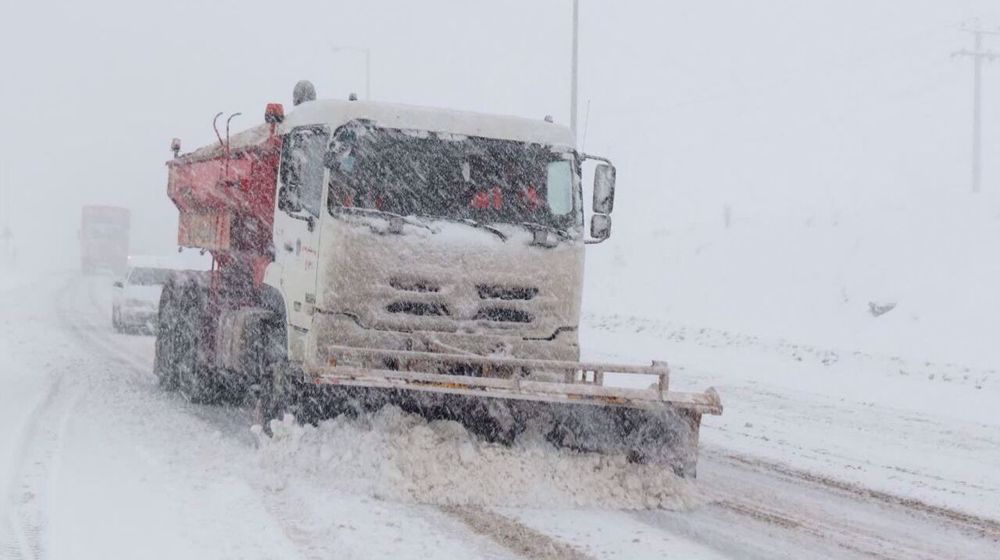
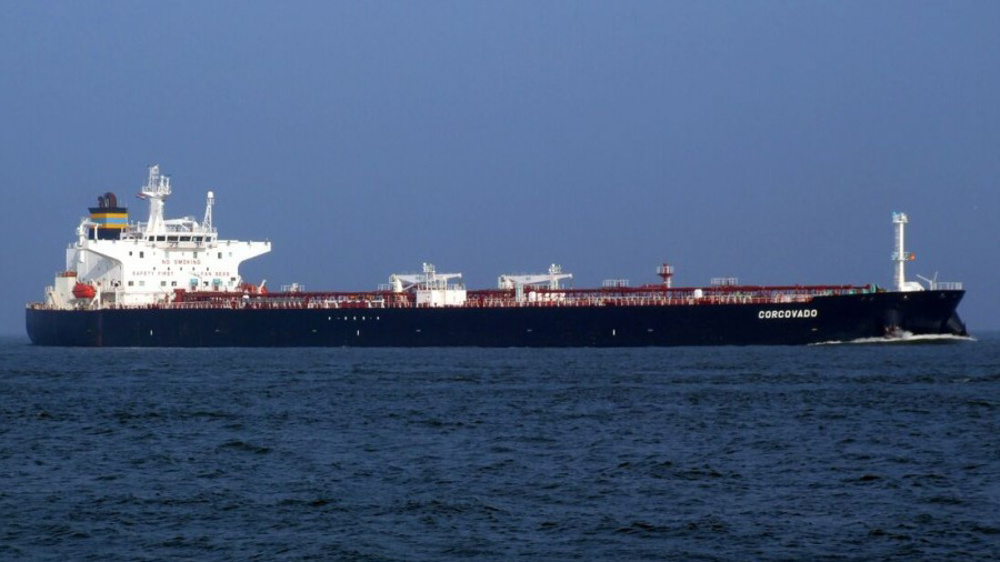




 This makes it easy to access the Press TV website
This makes it easy to access the Press TV website